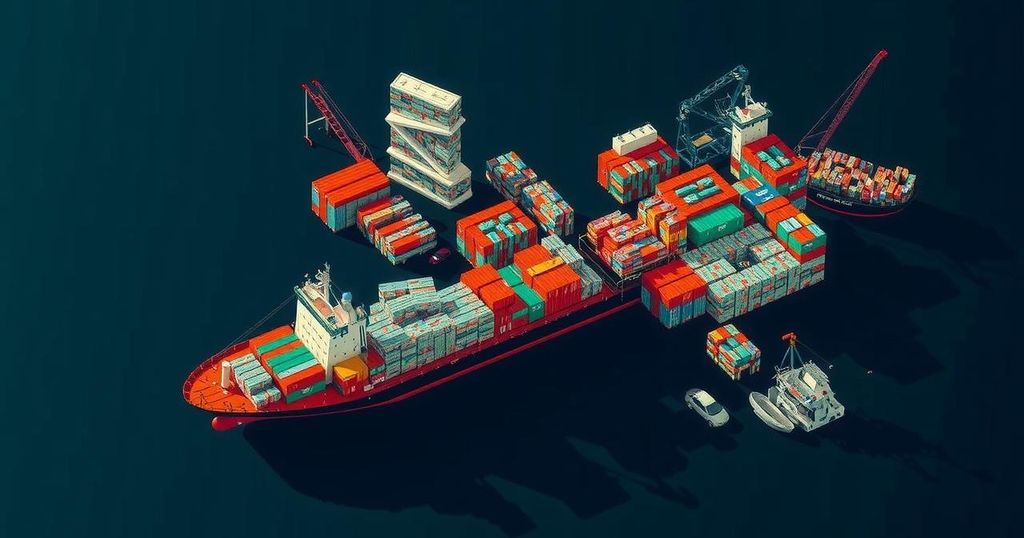India is witnessing a concerning rise in gold and cocaine smuggling, particularly through its northeastern borders, as reported by the Directorate of Revenue and Intelligence (DRI). The report, released by Union Revenue Secretary Sanjay Malhotra, emphasizes the need for improved skills and technology in tackling smuggling and highlights significant misuse of foreign trade agreements.
India is experiencing a significant uptick in smuggling activities involving cocaine and gold, particularly along its northeastern borders. The most recent findings from the Directorate of Revenue and Intelligence (DRI) reveal that traffickers are resorting to novel methods, exacerbating the challenges faced by law enforcement. The DRI’s annual report, unveiled by Union Revenue Secretary Sanjay Malhotra, highlights a concerning trend in commercial fraud linked to foreign trade agreements (FTAs).
During the DRI’s 67th foundation day, Secretary Malhotra emphasized the complexities inherent in modern financial crimes and urged officials to enhance their skills and utilize advanced technologies to combat smuggling. He pointed out the necessity for careful consideration in cases involving intricate technical issues related to tax regulations, advocating collaboration with experts from the Central Board of Indirect Taxes and Customs (CBIC) before proceeding with investigations. “Revenue comes in only when there is some income, so we have to be very cautious so that we do not in the process, as they say, kill the golden goose,” he stated.
The DRI’s report indicates a dramatic rise in cocaine trafficking, with smuggling cases increasing from 21 to 47 between 2022 and 2023. Areas such as Manipur and Mizoram have emerged as significant hubs for gold trafficking, primarily due to their proximity to vulnerable borders with Bangladesh and Myanmar, leading to seizures of 1,319 kg of gold in the current fiscal year, a notable increase from 600 kg in the previous period. Additionally, hydroponic marijuana is reportedly being smuggled into India from various countries, intensifying the issue.
Moreover, the report indicated that FTAs are being misused by traders, with improper classification of goods leading to substantial losses in customs revenue. The misuse was estimated at ₹1,427 crore in 2023-24, a steep rise from ₹481 crore in the prior year. The DRI remains vigilant against such practices that could undermine domestic industries through the illegal importation of goods from non-FTA countries. As the report demonstrates, the scale and sophistication of smuggling in India necessitate robust and coordinated efforts to ensure the integrity of both revenue and industry.
The smuggling of illicit goods such as cocaine and gold poses a significant threat to national security and the economy. The Indian Directorate of Revenue Intelligence plays a crucial role in combating these activities. This annual report provides essential insights into the emerging patterns of smuggling, especially in regions where borders are less secure, highlighting the need for continuous adaptation and vigilance from law enforcement agencies. The focus on foreign trade agreements also reflects broader concerns about economic integrity and domestic industries.
In summary, the rise in cocaine and gold smuggling in India, notably across the northeastern borders, calls for an urgent and strategic response from authorities. The DRI’s annual report illustrates the complexities of combatting these crimes, particularly with the misuse of trade agreements. Continued investment in training and technology for officials, coupled with a focus on the root causes and masterminds behind these operations, will be essential to safeguarding India’s economic interests and ensuring a robust enforcement framework.
Original Source: www.hindustantimes.com







